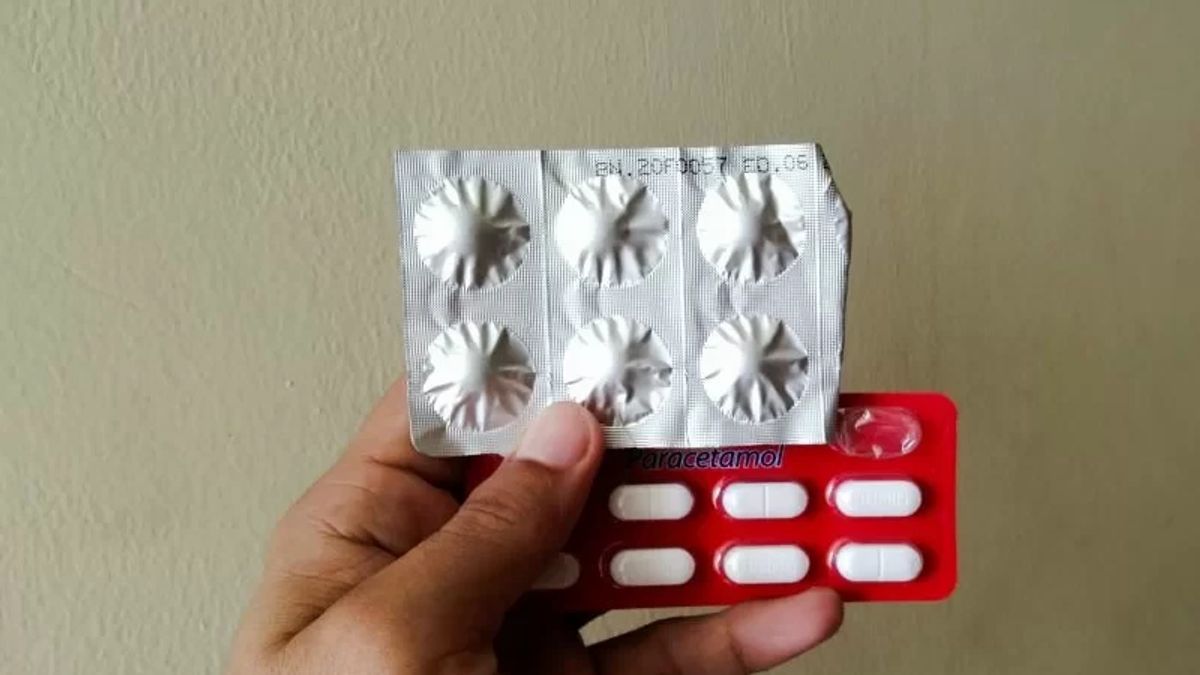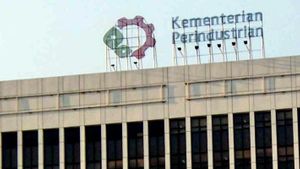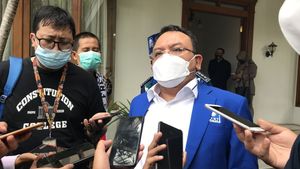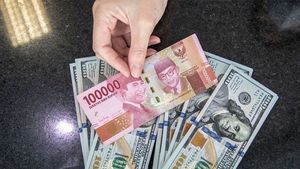JAKARTA - Member of the Indonesian House of Representatives from the PDI-P (PDIP) faction Muchamad Nabil Haroen said that state intervention through a number of steps was needed to reduce the high price of drugs in Indonesia compared to Malaysia.
"To reduce the high price of drugs, state intervention is needed. Several steps can be taken, among others, increasing transparency and governance efficiency," said Nabil Haroen quoting Antara.
According to him, the state needs to improve the distribution and procurement of drugs by reducing unnecessary bureaucratic channels and ensuring that all processes run transparently.
In addition, Nabil Haroen also said that stricter regulations were needed regarding drug prices and supervision of their implementation so that no party took advantage of the high price of drugs.
According to him, it is also necessary to strengthen the role of the government. In this case, the government should take a more active role in regulating and supervising drug prices in the market, including by providing subsidies or incentives for domestic drug producers.
Collaboration between ministries and institutions is equally important. According to him, close cooperation is needed between the Ministry of Health, the Ministry of Trade, and related institutions to formulate comprehensive and integrated policies.
Finally, Nabil Haroen views that the high resolution of domestic drug prices can be overcome by using technology to monitor and manage drug distribution to make it more efficient and transparent.
"In the next two weeks there will be a follow-up meeting to discuss the results of in-depth studies from various relevant ministries and institutions. We hope that from this meeting a concrete and effective policy will be born to reduce drug prices in Indonesia," he said.
Furthermore, he said, there are at least three factors that cause the price of drugs in Indonesia to be more expensive than the price in neighboring countries.
SEE ALSO:
The inefficient governance of the health sector is one of the main factors. This inefficiency, said Nabil, covers various aspects, ranging from distribution processes, regulations, to procurement mechanisms that are not yet optimal.
"Secondly, the additional costs that arise from the less transparent governance process also contribute to the high price of drugs. These costs may come from long distribution channels, unnecessary administrative costs, and various other levies that should have been avoided," he continued.
The third factor is the difference in price and regulation policies between the two countries. He said the Malaysian government has a more stringent and effective drug price control mechanism than in Indonesia.
"We in the DPR RI are ready to support the steps that will be taken by the government to ensure that drug prices are more affordable for the community," said Nabil Haroen.
The English, Chinese, Japanese, Arabic, and French versions are automatically generated by the AI. So there may still be inaccuracies in translating, please always see Indonesian as our main language. (system supported by DigitalSiber.id)
















